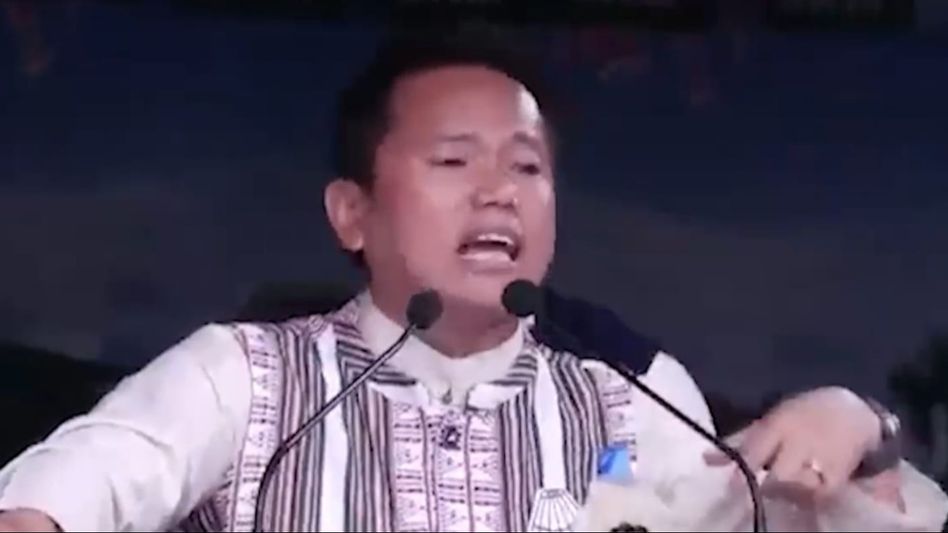Sikkim: SDF accuses political secretary to CM Tamang of masterminding assault on former speaker
Politics in Sikkim has been stirred with allegations and counter-allegations sparking concerns over potential unrest and instability in the state regarding the KN Rai assault case.
 SDF accuses political secretary to CM Tamang of masterminding assault on former speaker
SDF accuses political secretary to CM Tamang of masterminding assault on former speakerPolitics in Sikkim has been stirred with allegations and counter-allegations sparking concerns over potential unrest and instability in the state regarding the KN Rai assault case.
Jacob Khaling, the political secretary to the chief minister of Sikkim found himself at the centre of controversy as accusations were levied against him regarding the assault case of KN Rai assault case.
On March 6, during a public address, Khaling addressed the allegations made by the Sikkim Democratic Front (SDF) president, Pawan Chamling. Chamling had submitted a memorandum to the governor implicating Khaling as the mastermind behind the assault on KN Rai. In response, Khaling denied these allegations labeling the memorandum as "anti-national" and accusing the SDF of attempting to subvert the law of the land.
Also Read: Sikkim: SDF submits memorandum to governor, demands President's rule in state
Civil disobedience was brought into the spotlight as Khaling cautioned against the ramifications of such actions, warning of potential unrest and instability in the state. He stated the historical significance of civil disobedience in India, referencing instances such as the movements led by Mahatma Gandhi in 1922 and 1930. Khaling expressed concerns over the SDF's threat of civil disobedience fearing its potential to disrupt public order and damage public property.
Meanwhile, amidst these allegations and political tensions, Pawan Chamling, the president of the SDF, submitted a memorandum to Governor Lakshman Acharya concerning the brutal attempt to murder KN Rai.
Copyright©2024 Living Media India Limited. For reprint rights: Syndications Today









